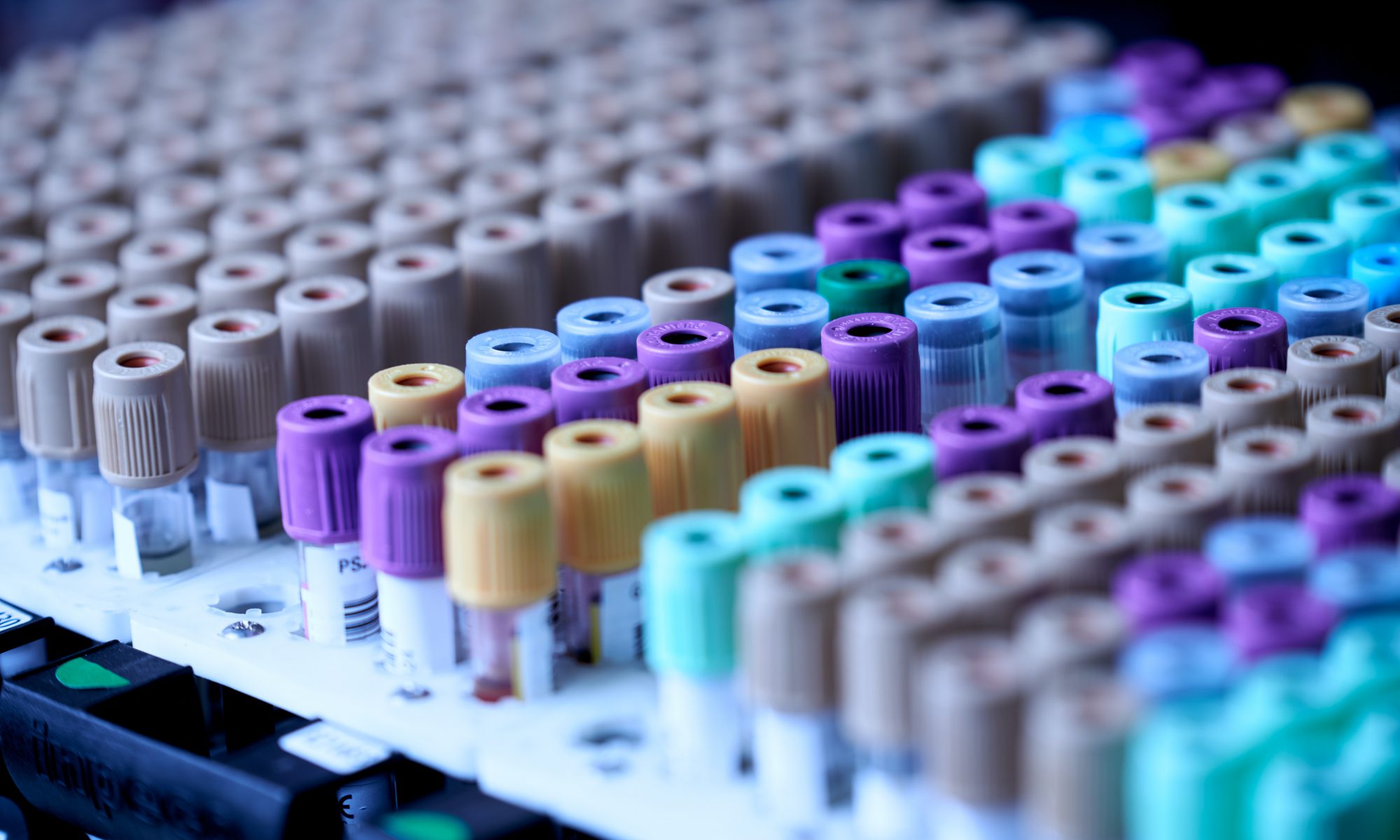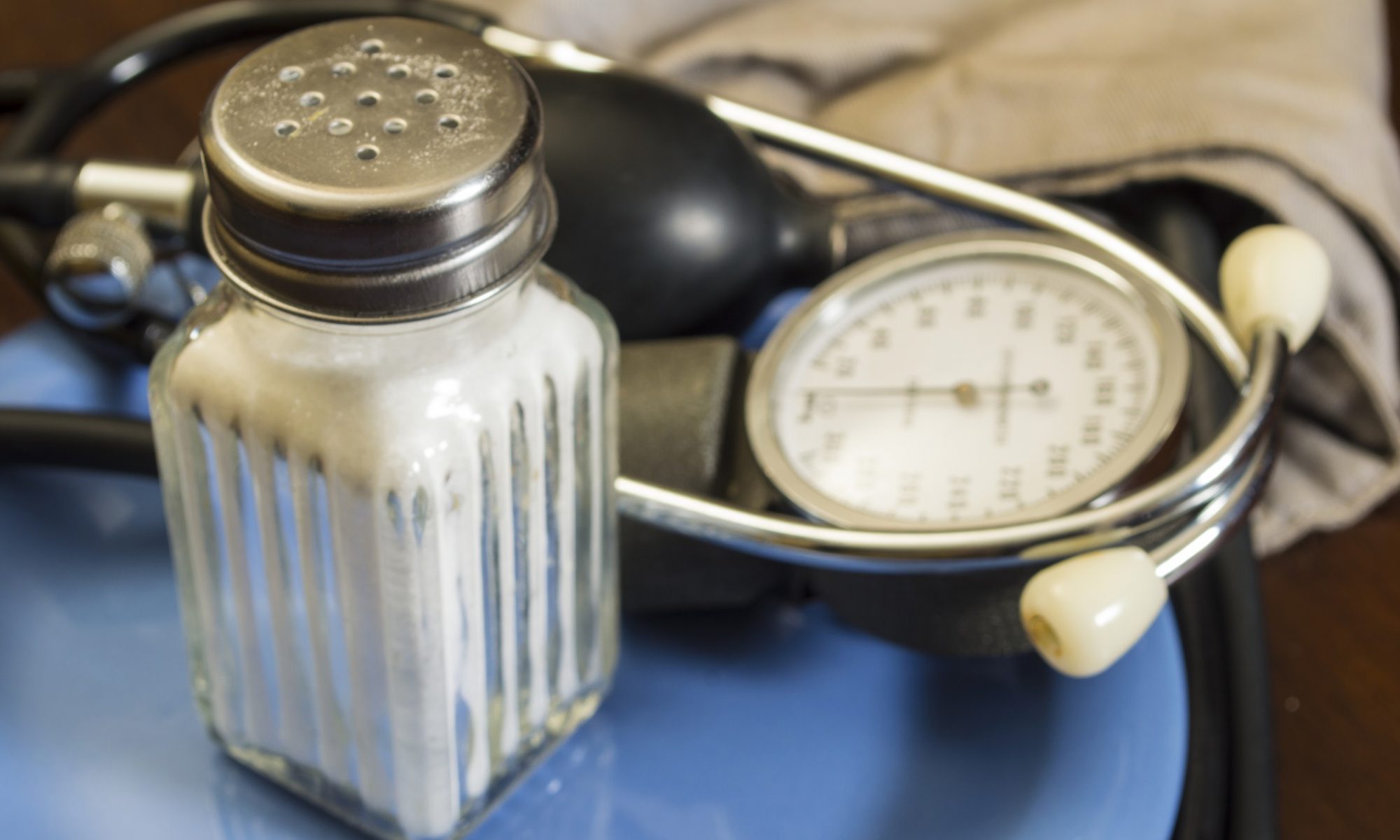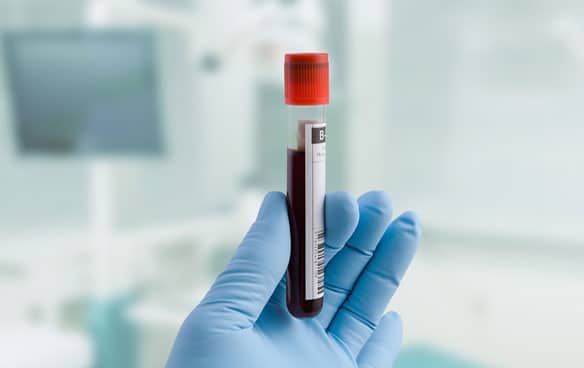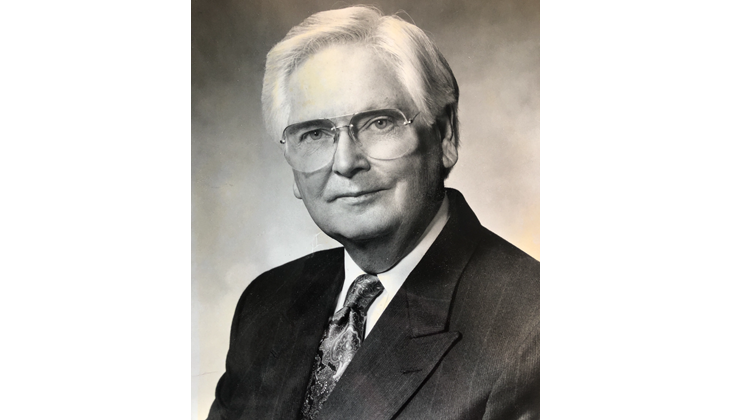At any given time, an estimated 15% of the US adult population has chronic kidney disease (CKD). It manifests as reduced kidney function to below 60% of its normal range (estimated glomerular filtration rate < 60 mL/min/1.73 m2) or by spillage of protein into the urine. The many causes of CKD include diabetes, hypertension, glomerulonephritis, and cystic kidney diseases. CKD is an irreversible malady with no known cure, and it invariably worsens over time. CKD is associated with higher mortality risks as it advances. If the patient does not die of cardiovascular or infectious events, end-stage renal disease ensues and the patient requires maintenance dialysis therapy or kidney transplantation to survive.
Each year, 130,000 Americans transition to dialysis, which is not only costly but also associated with poor health-related quality of life and an early mortality of more than 20% in the first year. Hence, slowing CKD progression and preventing or delaying dialysis can have major favorable implications for CKD outcomes. Read more.









